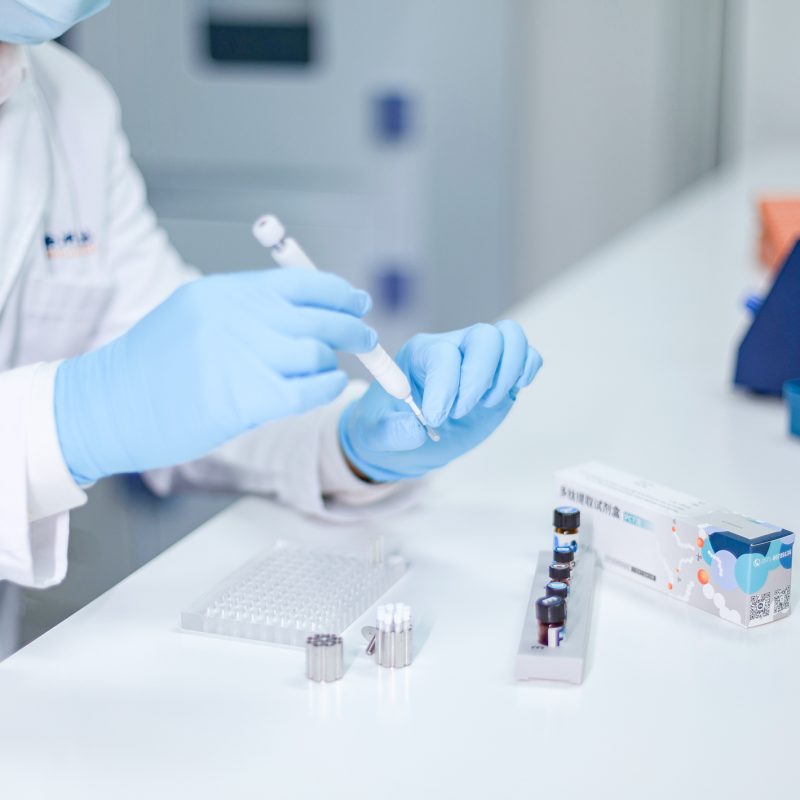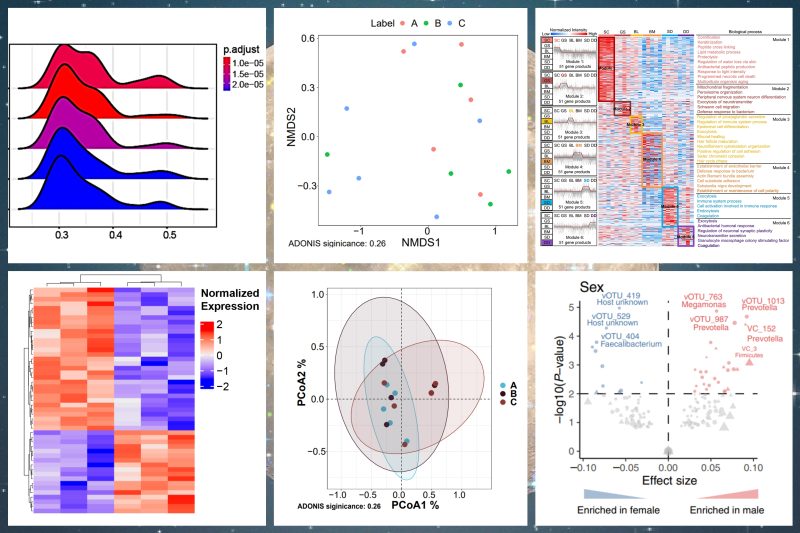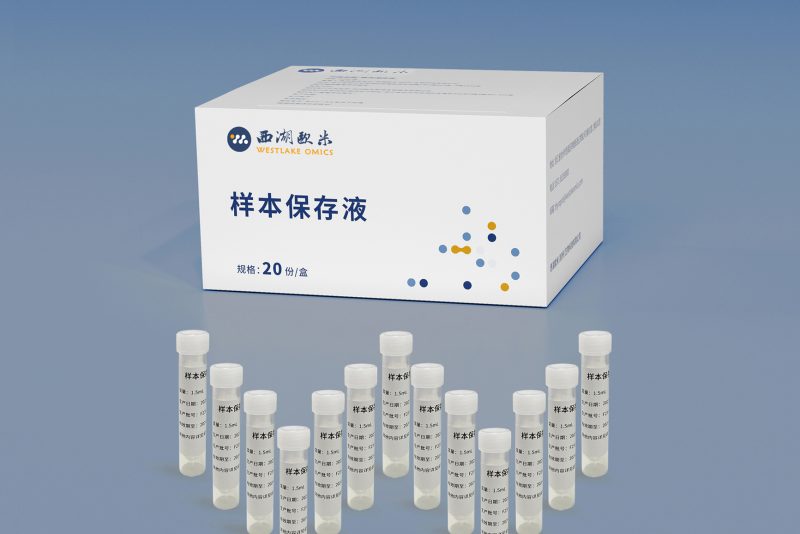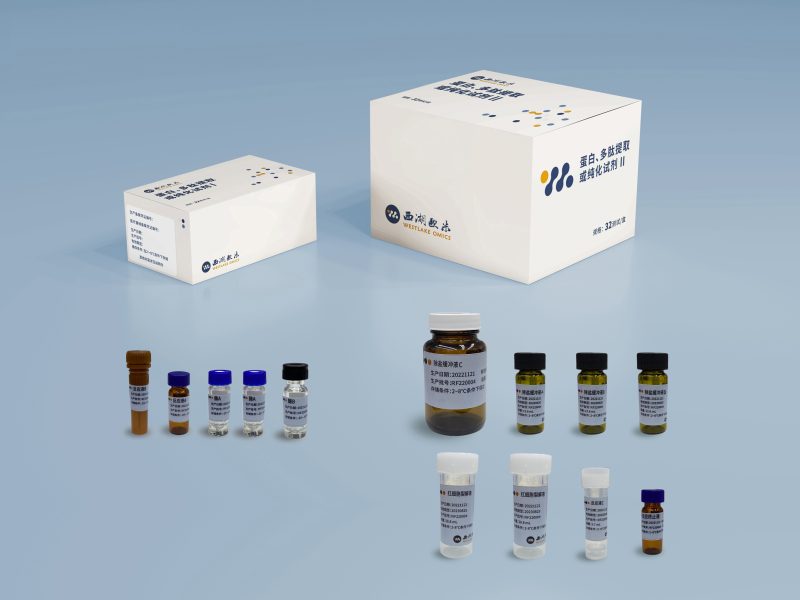Introduction
Metaproteomics is a new technology that applies proteomics technology to study the microbial community and conducts a large-scale qualitative and quantitative analysis of the composition of all proteins in the microbial community at a specific time. Metaproteomics can supplement the genetic potential and gene expression information obtained through metagenomics and metatranscriptomics by identifying the temporal and spatial abundance of metabolic enzymes and other proteins. Because of the variability of the sequence of metabolic enzymes in the microbiota, the metaproteome can provide insights into “which microbiota is doing what”, identify specific members of the microbiota that lead to changes in the abundance of designated metabolites, and promote the connection between DNA information and metabolite production. At the same time, the detection of proteins can help to unlock the interactions between microorganisms and between microorganisms and the environment.
Application Scenarios: Classification and function of intestinal microbiota

Service
Mass Spectrometer
Bruker timsTOF Pro
References
1. Bossche, et al. The Metaproteomics Initiative: a coordinated approach for propelling the functional characterization of microbiomes. Microbiome. 2021 Dec 20; 9(1): 243
2. Petriz, et al. Metaproteomics as a Complementary Approach to Gut Microbiota in Health and Disease. Front Chem. 2017 Jan 26; 5: 4
3. Wang, et al. Metaproteomics: A strategy to study the taxonomy and functionality of the gut microbiota. J Proteomics. 2020 May 15; 219: 103737









